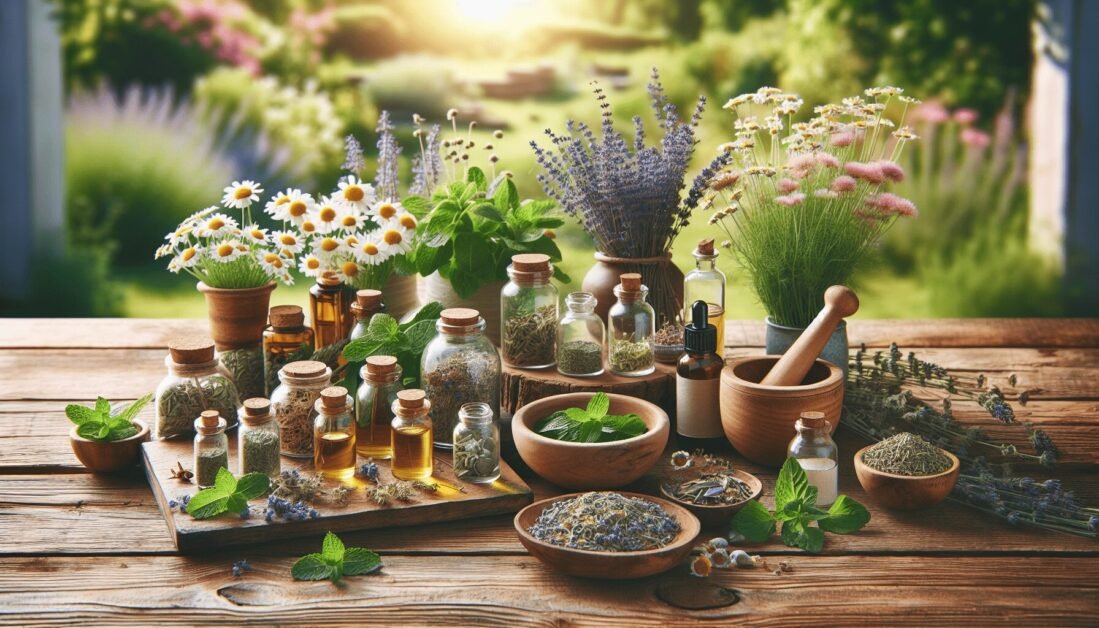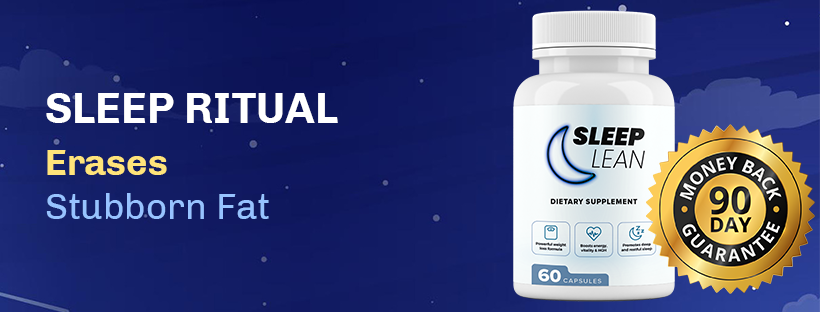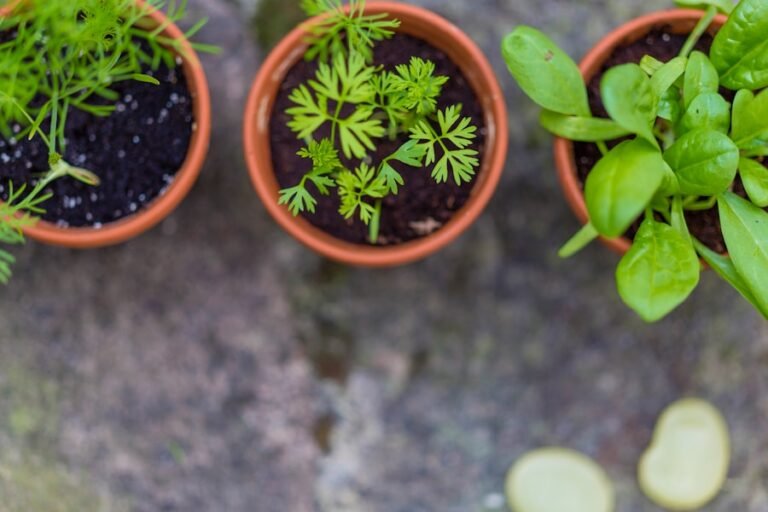Unlocking The Healing Power of Herbal Remedies: A Beginner’s Guide
Do herbal remedies have a healing power? Imagine opening your kitchen cabinet and finding a treasure trove of nature’s finest medicines, all ready to help soothe your ailments and boost your well-being. From soothing chamomile tea to invigorating peppermint oil, herbal remedies offer gentle yet effective ways to enhance your health naturally. Prepare to discover how these age-old treatments can become a valuable part of your self-care routine.
The Healing Power of Herbal Remedies
Herbal remedies have been cherished for centuries, spanning cultures and historical epochs. From the bustling markets of ancient Egypt to the serene temples of ancient China, herbs have played a key role in maintaining health and treating diseases. In today’s fast-paced world, the allure of natural, holistic healing methods is stronger than ever. As you embark on this journey, you’ll discover that the healing power of herbal remedies is not just a relic of the past, but a vibrant, relevant aspect of modern healthcare.
What Are Herbal Remedies?
Herbal remedies involve using plant parts—such as seeds, berries, roots, leaves, bark, or flowers—for medicinal purposes. These remedies have been foundational in traditional medicine systems like Ayurveda and Traditional Chinese Medicine (TCM). Whether you’re sipping on chamomile tea to unwind or using aloe vera gel to soothe a sunburn, you’re tapping into the therapeutic benefits of herbal remedies.
History of Herbal Medicine
Ancient Civilizations and Herbal Medicine
From ancient Egypt to ancient Greece, herbal medicine was the cornerstone of healthcare. Egyptians utilized garlic and onions for heart and blood conditions, while Greeks, such as Hippocrates, often regarded as the father of medicine, used herbs like willow bark for pain relief. These early civilizations laid the groundwork for the herbal knowledge we use today.
Eastern Medicines and Herbal Practices
In Asia, Traditional Chinese Medicine (TCM) and Ayurveda, India’s ancient system of medicine, extensively use herbal remedies. TCM includes herbs like ginseng and ginger, fundamental for energy and digestion, respectively. Ayurveda champions herbs like turmeric and ashwagandha for their anti-inflammatory and stress-relieving properties.
Types of Herbal Remedies
Teas and Infusions
Herbal teas or tisanes are perhaps the most common and accessible form of herbal medicine. These soothing beverages release the plant’s healing properties into a hot cup of water, aiding ailments like digestive issues or stress.
Tinctures and Extracts
Tinctures are highly concentrated extracts of herbs, usually made with alcohol. They offer a more potent dose of the herb’s medicinal properties and are often used for more severe conditions.
Capsules and Tablets
For those who can’t stomach the taste of some herbs, capsules and tablets provide an easy alternative. These are often made from powdered herbs and offer convenient dosing.
Topical Applications
Salves, ointments, and creams made from herbal extracts are excellent for treating skin conditions, minor wounds, and inflammation. Aloe vera gel and calendula cream are popular examples.
Benefits of Herbal Remedies
Natural and Holistic
One of the most appealing aspects of herbal remedies is their natural composition. They work harmoniously with your body, often treating multiple symptoms simultaneously and promoting overall well-being.
Fewer Side Effects
Herbs generally have fewer side effects compared to synthetic drugs. When used appropriately, they offer a safer alternative for long-term use.
Cost-Effective
Herbs can be more affordable than prescription medications, making them an attractive option for those without comprehensive health insurance.
Common Herbal Remedies and Their Uses
Peppermint
Peppermint is well-known for its soothing effect on the gastrointestinal tract. It can alleviate symptoms of irritable bowel syndrome (IBS), nausea, and migraines.
Chamomile
This herb is famous for its calming properties. Chamomile tea is frequently used to reduce stress, improve sleep, and relieve digestive issues.
Echinacea
Echinacea is frequently used to boost the immune system, particularly during cold and flu season. Studies have shown it to lessen the severity and duration of colds.
Ginger
Widely used in both culinary and medicinal contexts, ginger is excellent for reducing nausea and combating inflammation.
Turmeric
Turmeric is a potent anti-inflammatory and antioxidant. It’s often used to alleviate symptoms of arthritis and other inflammatory conditions.
Safety and Considerations
Consult Healthcare Providers
While herbal remedies can be highly effective, it’s crucial to consult with healthcare providers before starting any new treatment. They can help navigate potential interactions with existing medications.
Start Slowly
If you’re new to herbal remedies, it’s wise to introduce one herb at a time. Monitor your body’s reaction before adding another to ensure you don’t experience adverse effects.
Quality Matters
Always go for high-quality, organic herbs from reputable suppliers. Poor-quality herbs might contain contaminants that can negate their therapeutic benefits.
DIY Herbal Remedies
Immunity-Boosting Tea
A simple recipe for an immunity-boosting tea includes ginger, turmeric, and lemon. Boil water, add shredded ginger and turmeric, and let it simmer. Squeeze in some lemon juice and add honey for taste.
Soothing Lavender Bath
Create a soothing lavender bath by adding a few drops of lavender essential oil and dried lavender flowers to your bathwater. This will help you relax and de-stress.
The Modern Revival
Integrating Herbs into Daily Life
Incorporating herbs into your daily routine can be as simple as drinking herbal tea or cooking with healing spices like garlic, ginger, and turmeric.
Media and Institutional Endorsement
Herbal remedies are gaining popularity, thanks in part to media endorsements and research from reputable institutions. Social media platforms abound with testimonials and recipes for herbal remedies, amplifying their credibility and reach.
Scientific Backing
Research and Studies
Modern science has validated many traditional uses of herbs through rigorous research. For instance, numerous studies confirm the anti-inflammatory properties of turmeric and the digestive benefits of peppermint.
| Herb | Primary Benefits | Traditional Use |
|---|---|---|
| Peppermint | Alleviates IBS symptoms, reduces nausea | Used in ancient Greece and Egypt for digestive issues |
| Chamomile | Reduces stress, improves sleep | Widely used in Europe for relaxation and sleep |
| Echinacea | Boosts the immune system, lessens cold severity | Native American remedy for infections |
| Ginger | Reduces nausea, combats inflammation | Common in Ayurvedic and Traditional Chinese Medicine |
| Turmeric | Anti-inflammatory, antioxidant | Staple in Ayurveda for treating inflammatory conditions |
How to Get Started with Herbal Remedies
Education is Key
Educate yourself by reading reputable books, attending workshops, and consulting with herbal practitioners. Knowledge is your first line of defense.
Start Small
Begin with common, well-tolerated herbs like chamomile or peppermint. Gradually explore other herbs as you become more comfortable and knowledgeable.
Gardening Your Own Herbs
Growing your own herbs is not only therapeutic but also ensures you have a steady supply of fresh, organic herbs. Start with easy-to-grow plants like basil, mint, or rosemary.
Conclusion
The healing power of herbal remedies is a fascinating blend of tradition and modern science. While deeply rooted in history, these remedies offer contemporary solutions to various health issues. Whether you’re seeking to alleviate minor ailments or integrate a more natural approach into your healthcare regimen, herbal remedies can serve as a potent ally. Explore these natural wonders responsibly and see how they can enrich your life.









